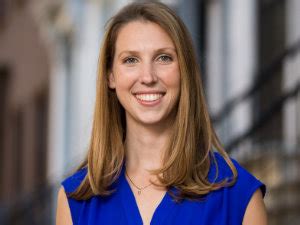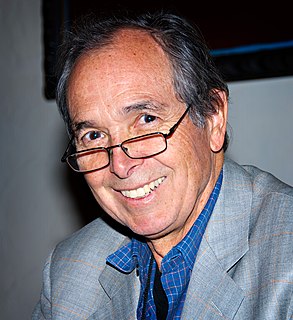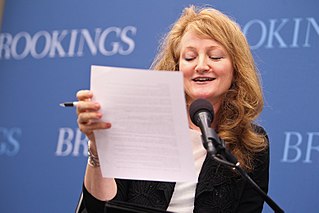A Quote by Sarah Stillman
Thinking through how you find that intersection between individual, compelling human narratives and structural, systemic injustices - that's the place that's most interesting to me as a reporter.
Related Quotes
Generally, I start by observing the existing and popular narratives in my social spheres and media, and the pressures I face in my own life experiences. As someone who is "newly" trans, I am constantly thinking about what the dominant narratives are around transness, how my work can push against these narratives, and how it already falls into these traps.
I love telling stories. I think of myself as a storyteller, and I don't feel bound by being just a singer or an actress. First, I'm a storyteller, and history is stories - the most compelling stories. There is a lot you can find out about yourself through knowing about history. I have always been attracted to things that are old. I have just always found such things interesting and compelling.
People forget that art is not just a piece of entertainment. It is the place where we collectively declare our values and then act on them. That's one of the most powerful things we have as a community: our culture and our art. And it's the intersection between life and how people deal with life. It's the most important thing we do.
While a lot of my day, like most people's, is spent thinking about me, I can see how it's a universal thing: the competition, the clashes of personality that fuel the world and fill the world, are the exact same ones that take place just between two people. I just think politics is a form, en masse, of human relations.
I truly believe that one of the things that has been lacking in America is a spirit of repentance about the injustices of slavery and the injustices of segregation and racism generally. I truly believe that we cannot come to a place of reconciliation until there is individual repentance and corporate repentance.
Now I'm sixty-one... sixty-two, pretty soon. It's a really interesting age. Now we have women of your age, and coming up, and all these fantastic writers, who have managed to have their children but continue with their art, their work. I think women are doing the most interesting writing right now, the most interesting art. I see everything through this lens, of women finally taking their place in the world. Their true place. And it's very, very exciting to me.
I think it was the same thing that really makes the premise of this film [Women of Wall Street] compelling: the idea of a woman negotiating issues around power and money, which are two things that have historically been denied to women. To see a woman operate successfully, but still find those barriers a result of that historical and systemic bias in her pursuit to the top, is a really interesting struggle.

































